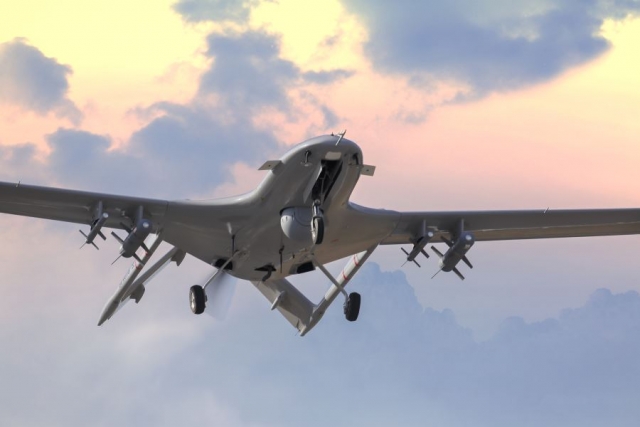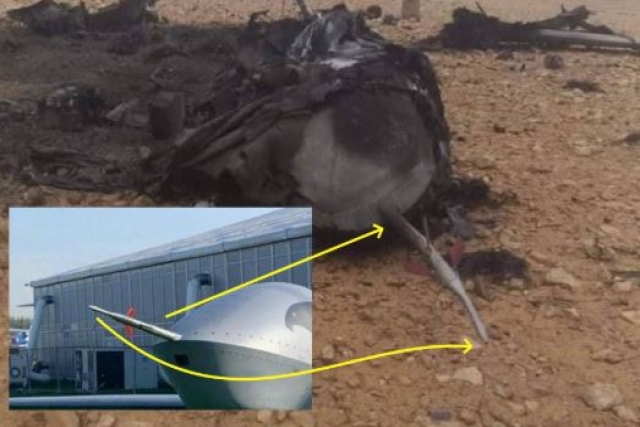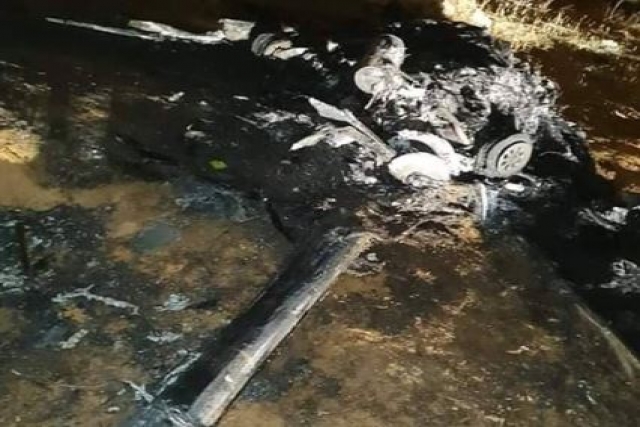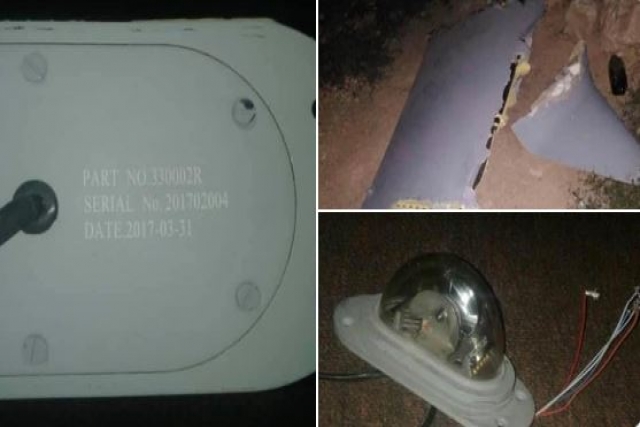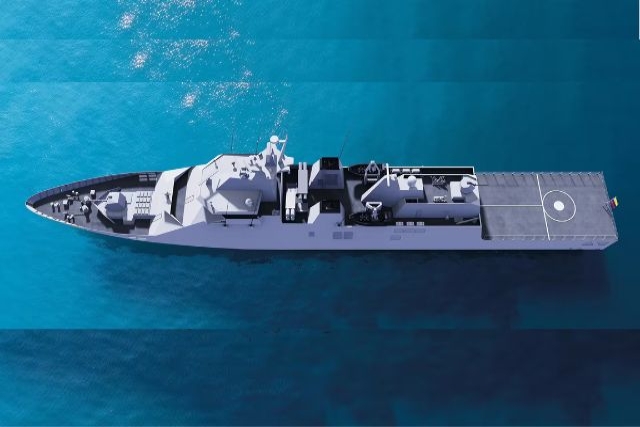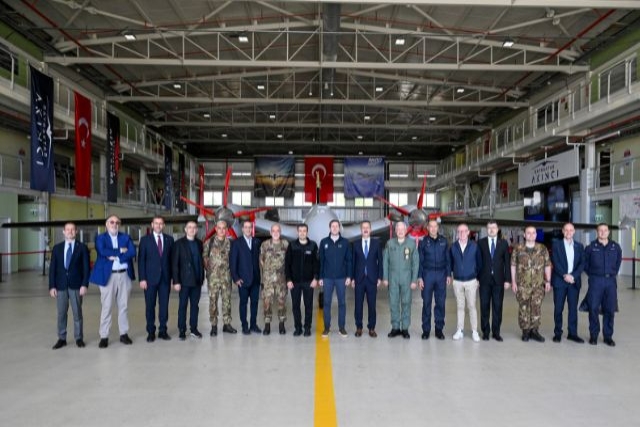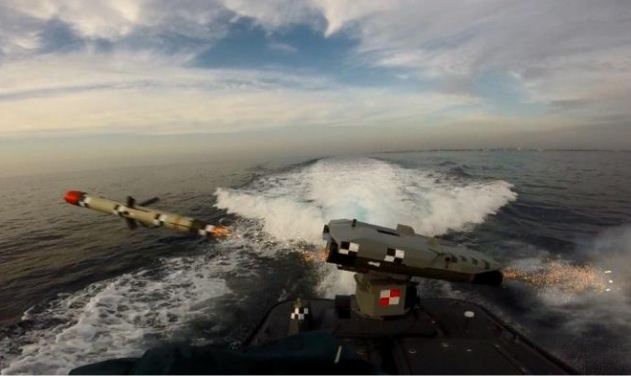Libyan War Claimed 25 Large military Drones in 2020
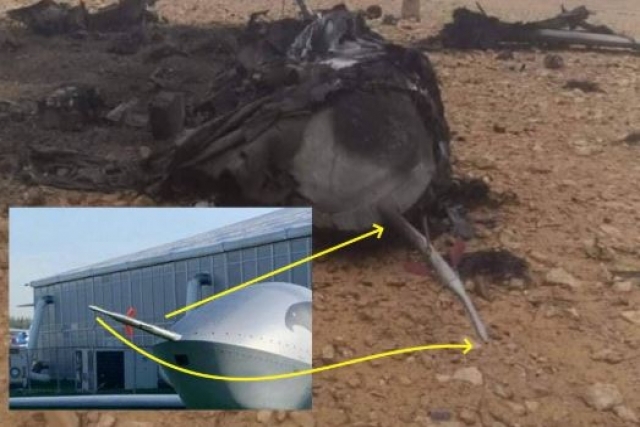
The Libyan Civil War, touted as the largest drone war in the world, has seen 17 Turkish Bayraktar TB2 and 8 Chinese Wing Loong UAVs belonging to the two warring parties being destroyed in the last six months.
In April and May, 15 drones crashed or were shot down in Libya. Dronewars.net reported July 1 that the data was compiled using images and video footages from “reliable sources.”
The forces of UN-recognized Government of National Accord (GNA) use Turkish drones to fight the Libyan National Army (LNA) led by putschist commander Khalifa Haftar. The Haftar Army flies Chinese Wing Loong UAVs supplied by the United Arab Emirates (U.A.E.).

“It is always difficult to sift out details of crashes and downings amidst the hyperbole and propaganda. It is likely that other UAVs were destroyed but could not be verified. At the same time, a number of claimed downings proved false. Although every drone crash has been claimed as a downing, images of some wreckage show drones to be virtually complete indicating that they were not necessarily hit by missiles,” the report said.
Both sides, on at least one occasion, have shot down their own drones by mistake.
The Dronewars.net database contains details of 23 Turkish drone crashes/downings since the beginning of 2020. This includes 3 Bayraktar TB2s destroyed in Syria in February and March.
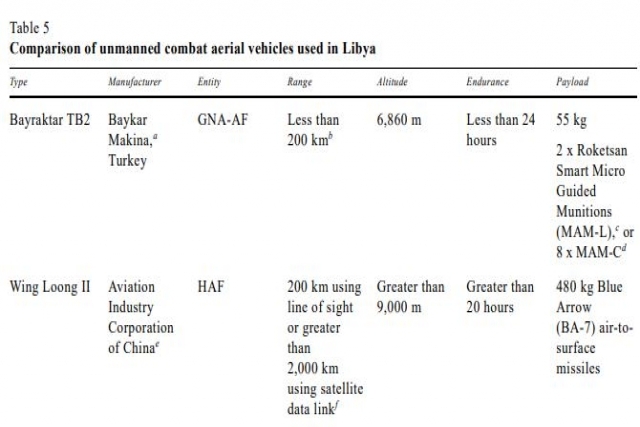
A United Nations Security Council (UNSC) report published on January 15 states that the U.A.E. and Turkey had conducted upwards of 850 and 250 drone strikes, respectively. An older UNSC report published in December 2019 compares capabilities of the two drones: “Analysis of the capabilities of each unmanned combat aerial vehicles (UCAV) system shows that Haftar Armed Forces (HAF) currently has a significant tactical advantage.”
The Chinese Wing Loong II can deliver over eight times the weight of explosive ordnance against ground targets than the GNA-AF Bayraktar TB2 can. In addition, HAF drones are being operated using a satellite data link covering all of Libya. “This provides HAF with a full offensive capability and allows it to achieve local air superiority.”
